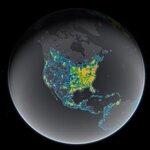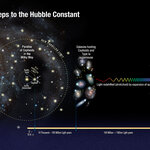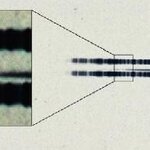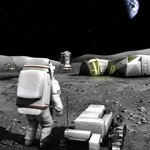
When anti-science activists set out to drive astronomy from the state of Arizona by trumping up an environmental hazard, they were failing to prevent a problem that would creep across many places that don't want space science in their neighborhood - light pollution.
Today, in metropolitan areas across the world, the Milky Way, the cluster of stars that has dominated the night sky and human imaginations for millenia is a faded memory to one third of humanity, according to a new global atlas of light pollution. Ironically, environmentalists who created light pollution by blocking astronomy…






